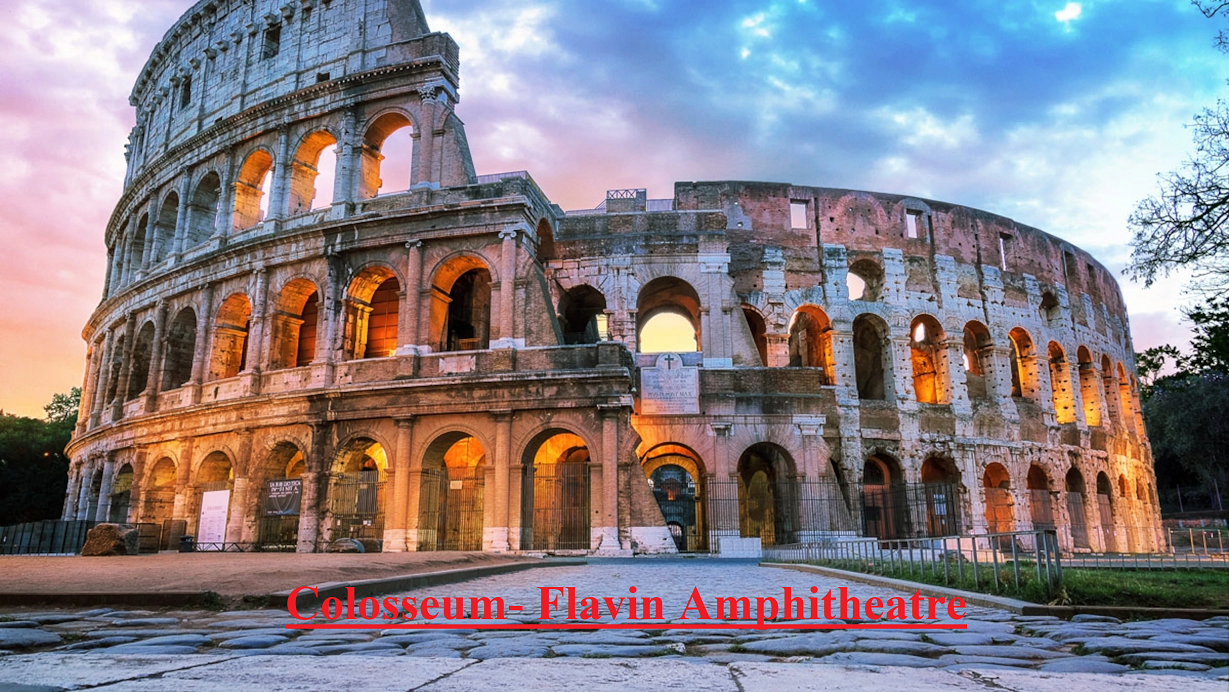The Romans did not consider sports and physical education as an integral part of their culture. For them, the game was fine for military purposes. He did not accept the hypothesis of the Greeks that sports were necessary for the dynamic development of man. Once the Roman Empire grew stronger, it became involved in very violent sports, such as chariot racing and gladiator combat. It was a dark era for sports.
Physical Education History of Rome
Table of Contents
The history of physical education in Rome is divided into two parts-
- Pre-Roman Period
- Late Roman Period
Pre-Roman Period
Just as the late Athens period is called the age of philosophers, similarly the early Roman period is called the age of orators. In this period, the basic center of physical education was home, children were given education at home only by the father. The purpose of physical education during this period was to make Romans skilled, brave, and strong soldiers.
A special gymnasium for military training during this period was the Campus Martius, named after Mars, the god of war. Just as the Greeks kept temple statues inside strong walls, similarly the Romans emphasized having a strong body to protect their subtle body or soul. A game called Brutal Gladiatorial Combat came into existence and later these activities became quite popular.

Late Roman Period
During this period, Hellanes game was very famous in which the citizens there demonstrated their physical fitness. During this period, there was a famous philosopher and physician named Galen who paid special attention to the effect of diet and exercise on health. Galen was the first person to calculate the pulse during physical activities. Galen did research on various body parts and divided these functions into three parts-
1. Exercises to develop stamina.
2. Long-distance intermittent exercise.
3. Vigorous exercise.
During this period, the Romans adopted the Greek education system and included a system called ladder in it, which included at the primary level – School of Literature, at the secondary level – School of Grammatics and at the higher secondary level – The school of Rhetoric Studies.
The people of this period did not like the Palaestra of Greece but laid more emphasis on public games. During this period, Mud Bath was very popular among the Romans. There were two main bathhouses during this period – Therma which was the bathhouse of the royal families and Balnea, which was the public bath with fewer facilities.
During this period, Chariot racing was quite famous, but due to the interest of the influential people of the society gradually decreasing in chariot racing, chariot racing was replaced by gladiatorial combat.

This dangerous game was organized in the Amphitheatre. Slaves, criminals, etc. were made to participate in this. In this game, the opponents had to use weapons. Both humans and animals could take part in this competitive game and the competition continued until the victorious participant showed mercy to the defeated participant by giving him a thumbs-up. During this period, social evils like exploitation, bribery, alienation, etc. were at their peak.
During this period Physical Education was limited to soldiers only.
The Colosseum was located in central Italy in Rome, known as the Flavin Amphitheatre. Made of stone and concrete, it was the largest Amphitheatre in the Roman Empire. Even at present, it is the largest Amphitheatre in the world. It had a seating capacity of approximately 50 to 80 thousand spectators. It was used for various activities, such as physical exercise, ball games, massage, steam bath, demonstrating animal hunting, sea fighting, etc. According to historians, the Roman king Vespasian started it in 70 AD and the next ruler Titus completed it in 80 AD.

During this period, many emperors tried to restart the Olympic Games but no one had success, the name of Emperor Augustus has been much discussed in this work.

